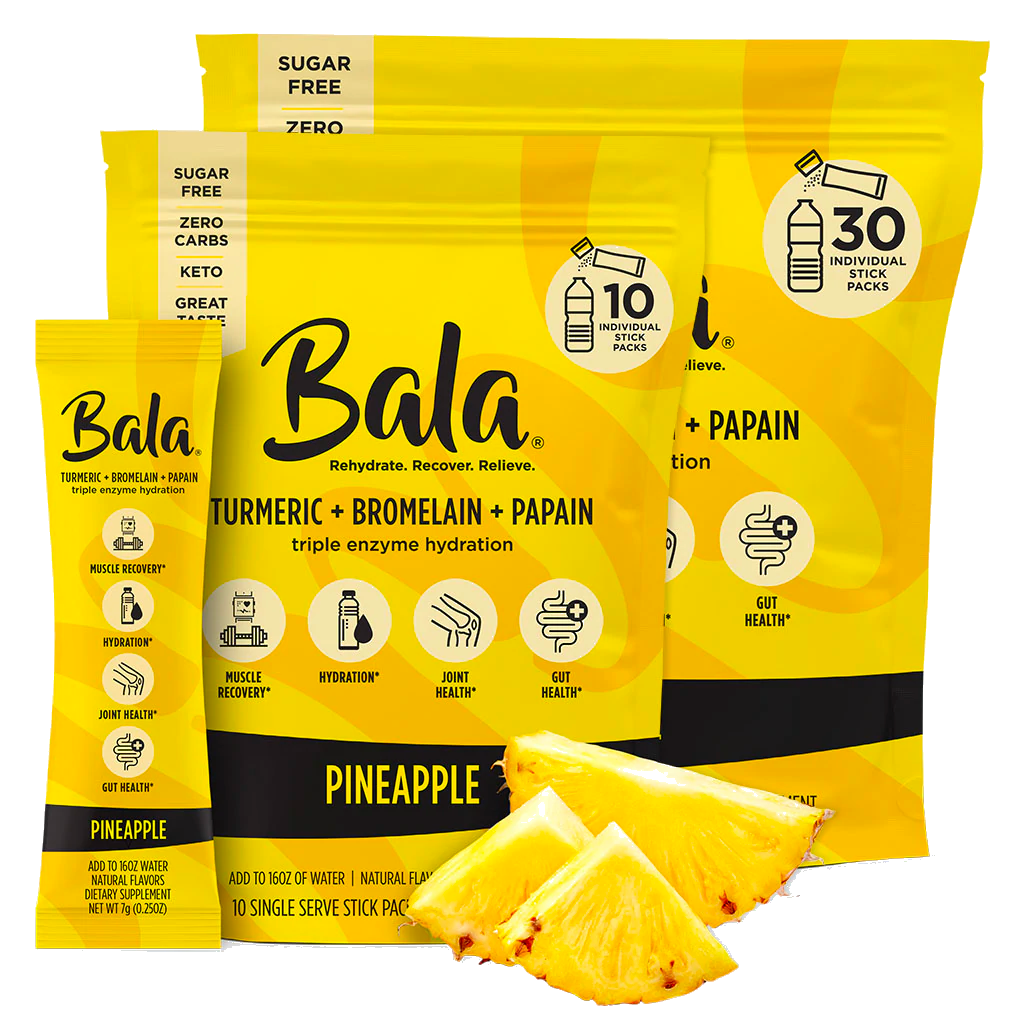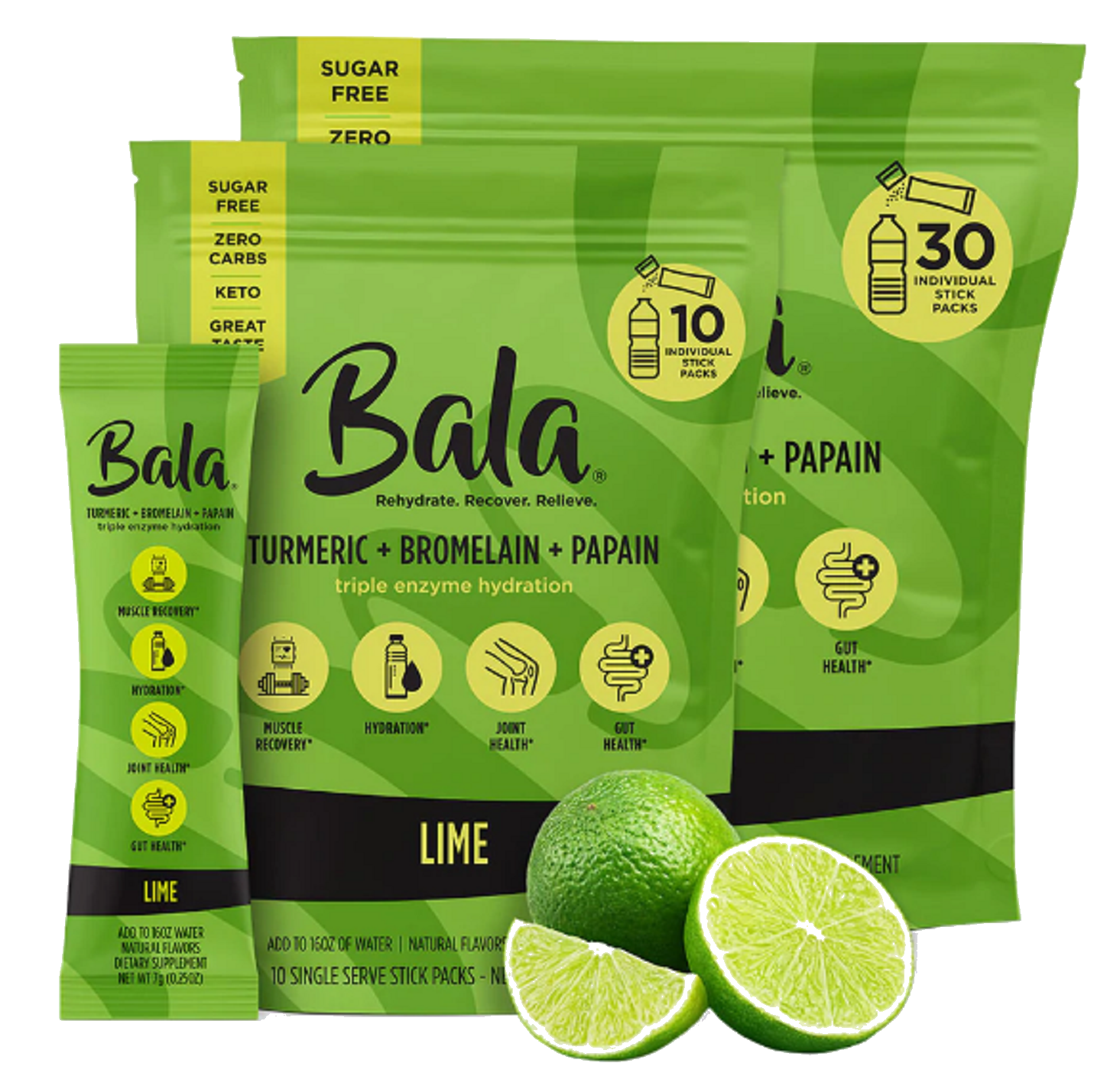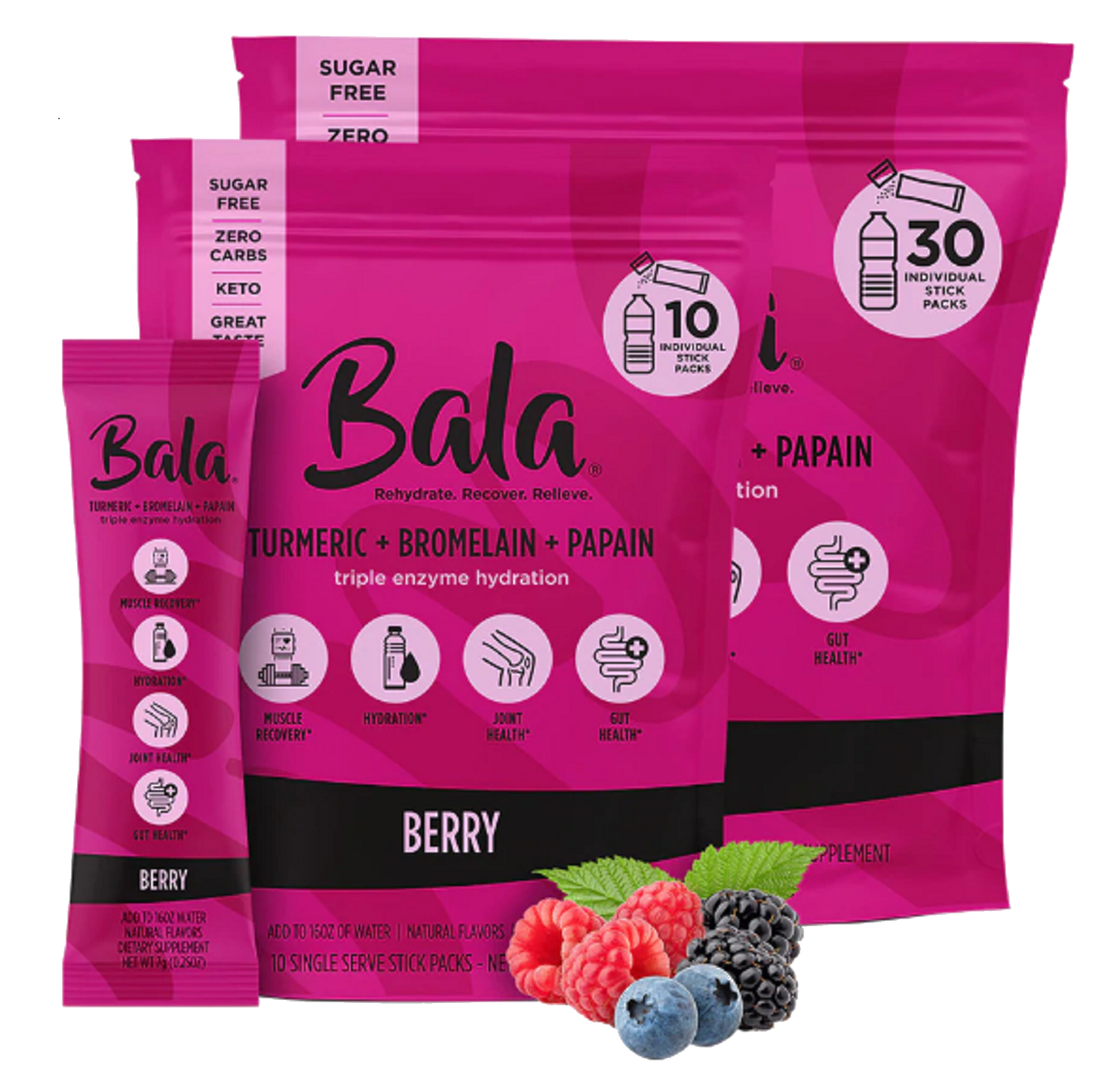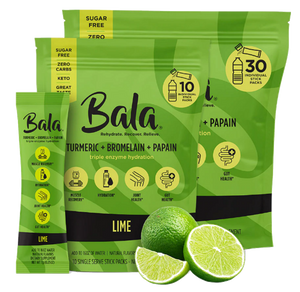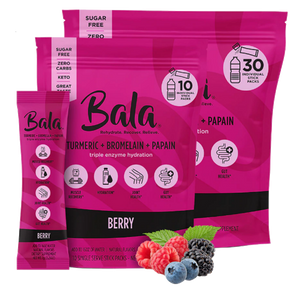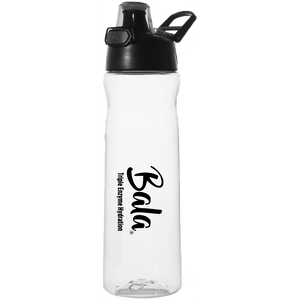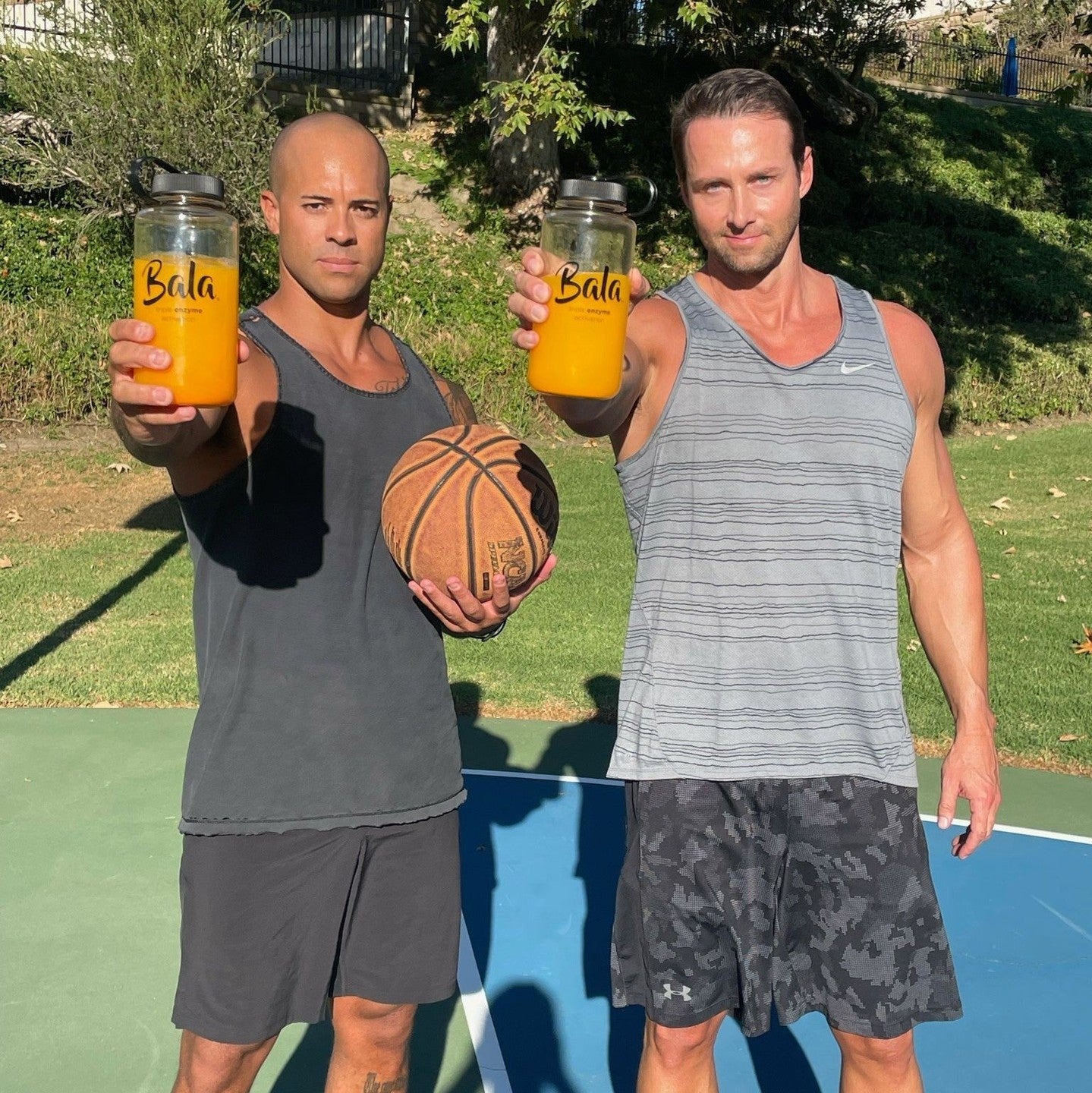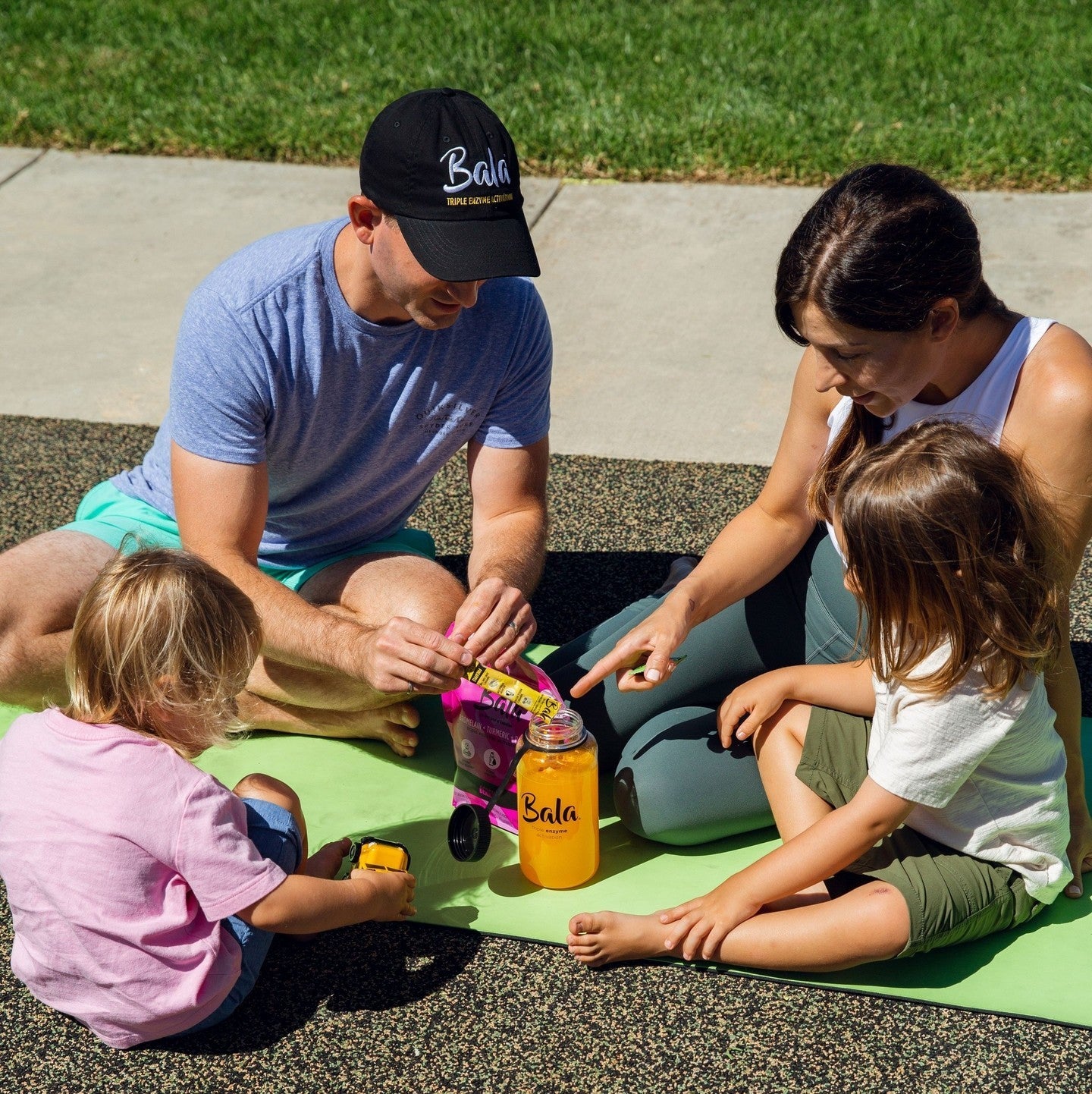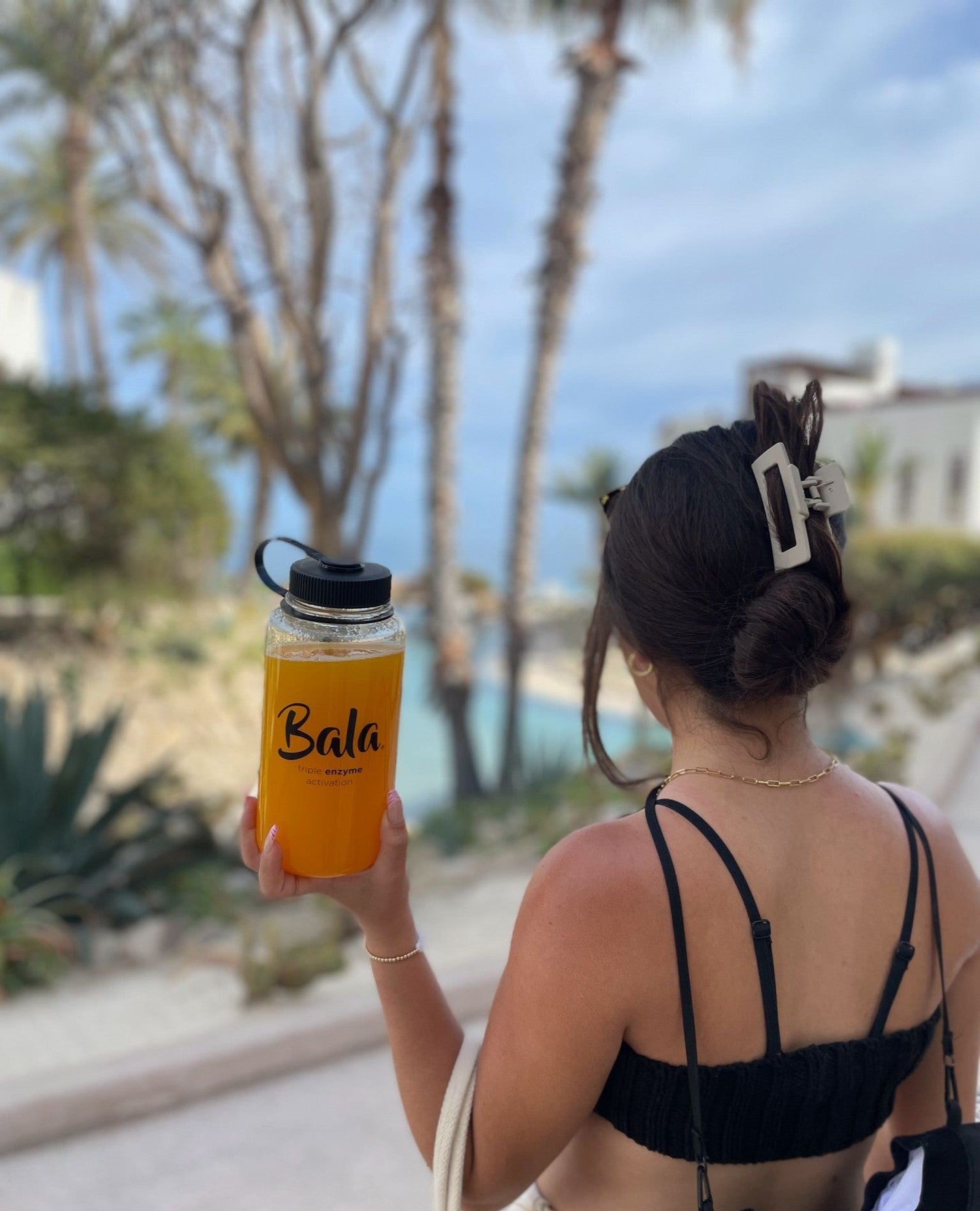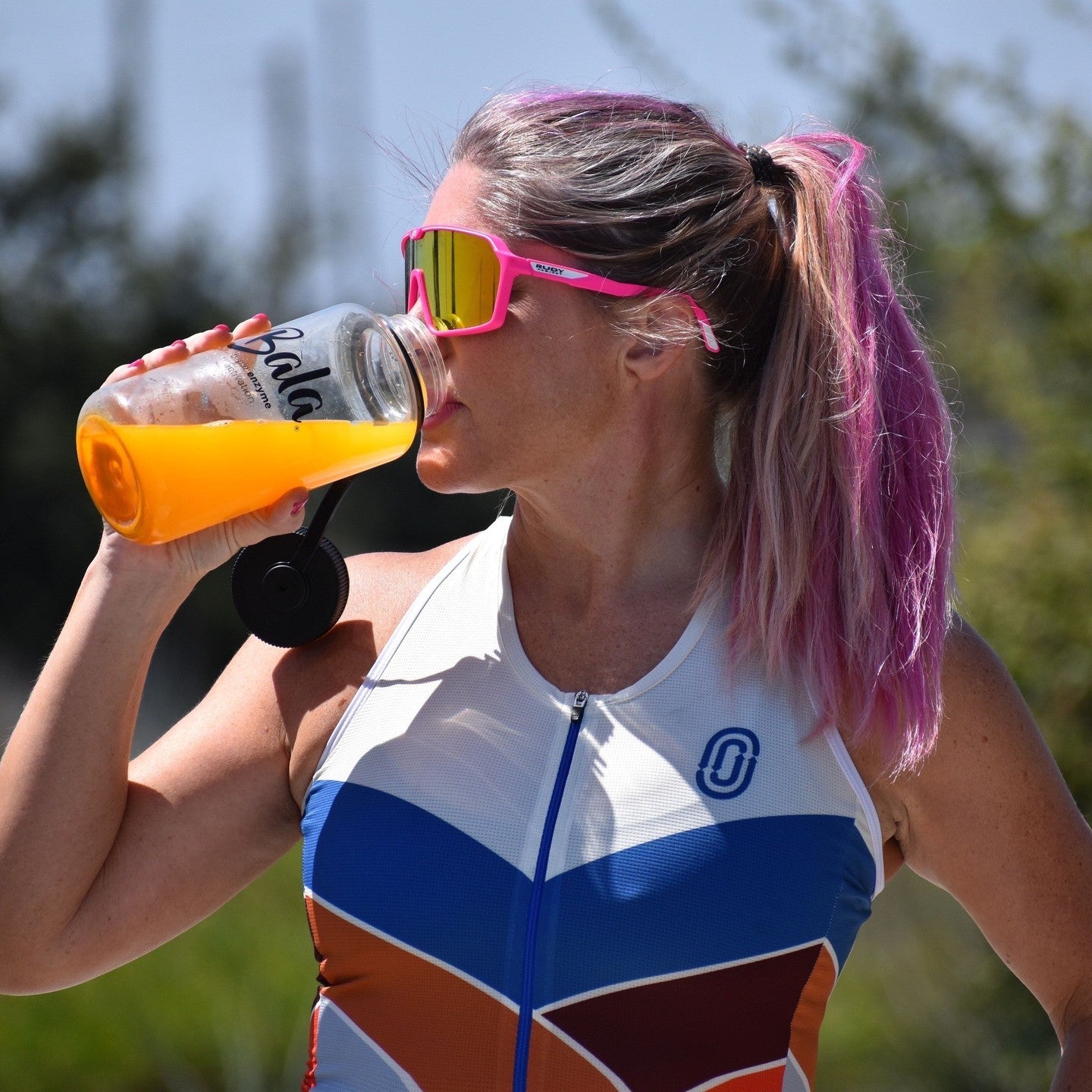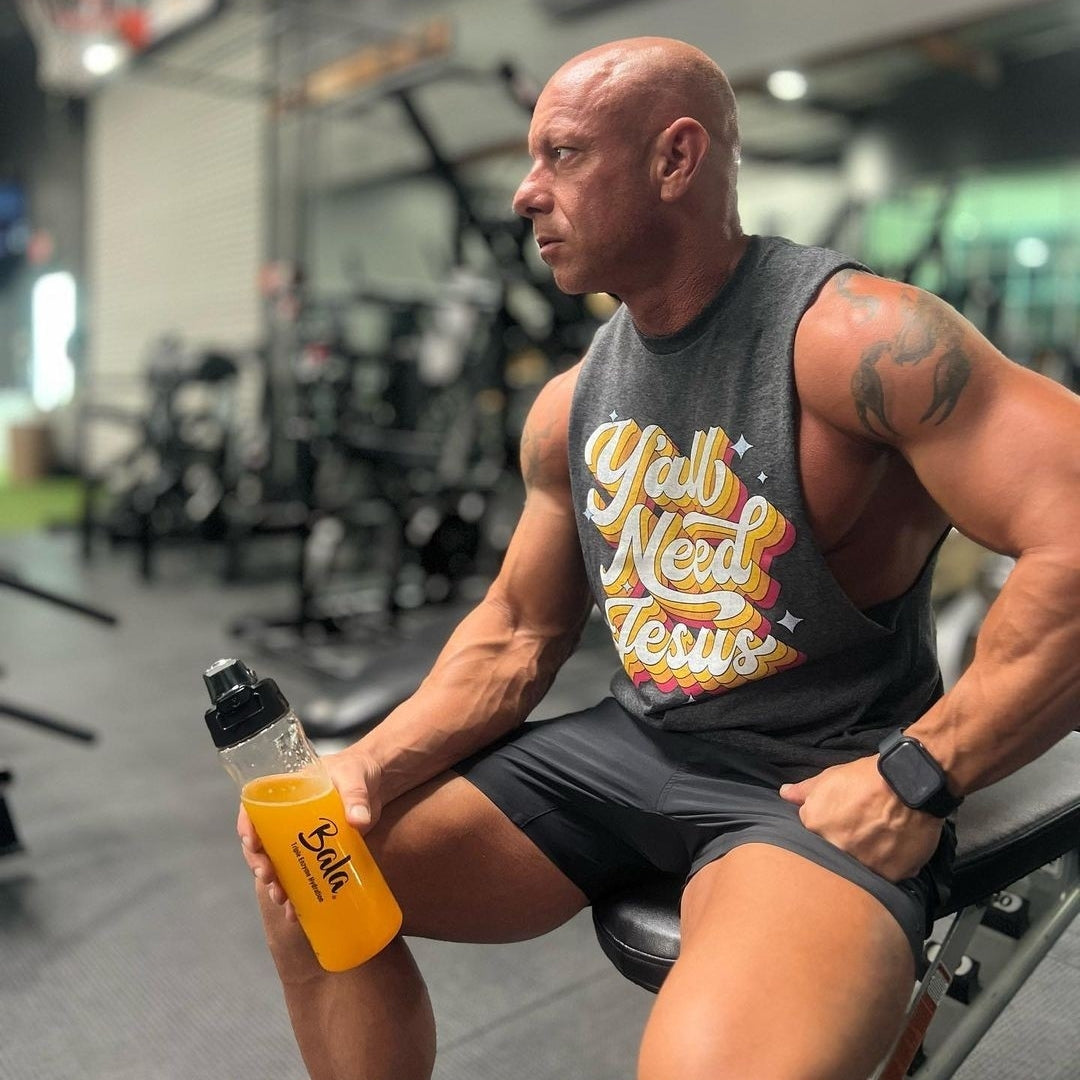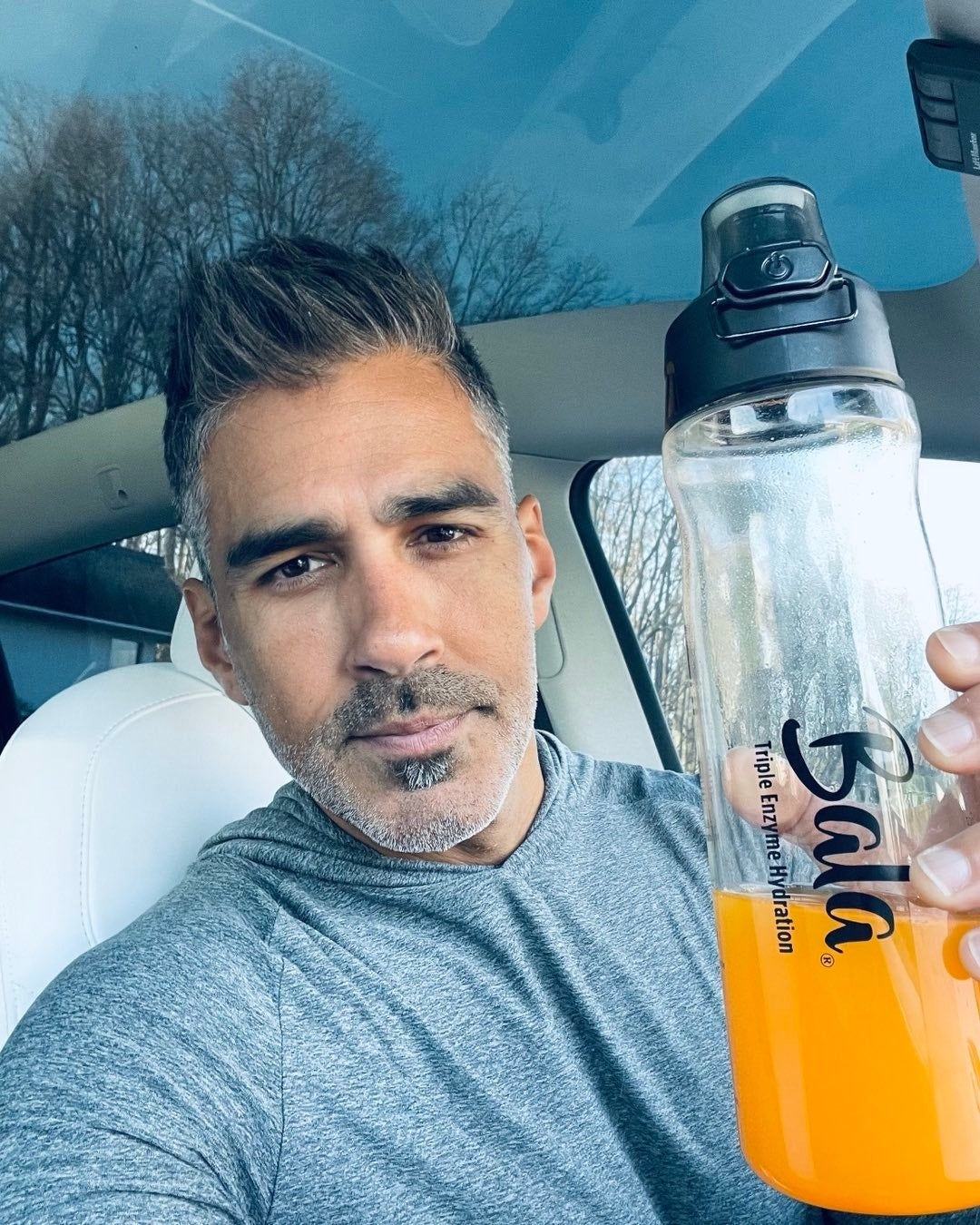What Is Dehydration? What Are Its Symptoms?
Dehydration occurs when the amount of water leaving the body is greater than your intake. Dehydration can become especially dangerous for older adults and young children. The most common cause of dehydration in older adults is the intake of certain medications, and the already lower levels of water in their body increase the risk of dehydration. Dehydration commonly occurs in younger children due to severe diarrhea or vomiting. Our body loses water regularly due to the reasons below:
- Sweating that cools the body
- Elimination of waste by urinating or having a bowel movement
- Humidified air that leaves the body while breathing (on a cold day, you can see your breath in the form of vapor; this is water being exhaled)
Learn About Causes
Being thirsty is often not a reliable symptom of dehydration, particularly in older adults, because they do not feel thirsty until it is too late. That is why you need to consume more water in the hot summer days or when you are unwell. The most common causes of dehydration are:
- When an individual vomits, it can be a cause for fluid loss. Often times, it is difficult to replace the fluid loss with water because of nausea, which then results in vomiting.
- Diarrhea is the most common reason why people lose excess amounts of fluid. With each bowel
- movement, a substantial amount of water is lost. Millions of people around the world die due to dehydration caused by diarrhea.
- Sweat is another major cause of dehydration. Exercising in hot weather or fever makes the body cool down, and it results in loss of fluids. When you are exercising or suffering from a fever, keep sipping water throughout the day to keep hydrated.
- Diabetes and elevated sugar levels cause the water to flow out with the urine, and this is why the early symptoms of diabetes include excessive thirst and frequent urination.
Symptoms of Dehydration
The very first symptoms of dehydration are dark-colored urine, increased thirst, and a decrease in urine
production. In fact, the color of your urine is the best indicator of the level of dehydration. The darker
the color, the more dehydrated you are. Below are the symptoms of dehydration:
- Lethargy
- Dry mouth
- Weakness in muscles
- Headache
- Dizziness
The symptoms of severe dehydration, i.e., 10- 15 % loss of water content in the body, are listed below:
- Sunken eyes
- Shriveled and dry skin
- Increased heart rate
- Delirium
- Fever
- Unconsciousness
- Low blood pressure
To prevent dehydration, you should try eating foods that contain high water content and increase your daily fluid intake.

Top 7 Hydration Solutions
If you are not fond of drinking plain water and want to meet your body’s daily fluid intake, there are
seven sure-fire ways of rehydration.
1. Flavor It Up
Turn your plain water into a drink that is full of flavor by adding slices of fruits or vegetables. Cucumber
or a sprig of mint works well, or a few lemon slices will give it a real boost in taste.
2. Add Some Sparkle
Instead of drinking plain water, you can opt for bubbly water drinks. Some people prefer to quench their thirst with readily available options such as sparkling water.
3. Try a Splash of Juice
Squeeze in a bit of natural orange juice in your water. Keep in mind that while store-bought juices can count towards your water intake, they come with extra calories and sugar.
4. Fruit and Veggies
Instead of drinking buckets of plain water, blend in some fruits or vegetables that are high in water content. For example, cucumber juice is a great way of rehydrating yourself.
5. Soup
Whether you choose a clear chicken soup or some gazpacho, you will get the same hydration as water. You can mix in a variety of flavors and condiments to make things interesting.
6. Tea or Coffee
Although caffeine is a diuretic, drinking a cup or two of tea or coffee will increase the level of fluid intake for healthy people. Go for the decaf option to be safe.
7. Dairy or Milk-Alternatives
Milk is a great source of hydration and comes with protein, calcium, and vitamin D. However, if you are lactose intolerant or cannot consume milk for some reason, there are milk-alternatives such as soy milk, coconut milk, and almond milk that are packed with nutrients and help you hydrate.
For a quick rehydration solution, take Bala Recovery Drink. Its natural ingredients and enzymes work together to provide effective hydration without sugar. It comes with added benefits that help with joint function and muscle recovery. In addition, the formula was created to facilitate hyper-rehydration through electrolytes that are carried across small intestinal microvilli via specific amino acids at specific doses and ratios that function similarly to sugar.
Now, we have a product that contains accelerated hydration properties that help with the microenvironment in the small intestine to speed up the movement of the key ingredients into the bloodstream.
Sources
https://www.medicinenet.com/dehydration/article.htm
https://www.mayoclinic.org/diseases-conditions/dehydration/symptoms-causes/syc-20354086
https://www.medicalnewstoday.com/articles/153363.php#causes
https://www.nhs.uk/conditions/dehydration/
https://www.emedicinehealth.com/dehydration_in_adults/article_em.htm

